[This episode first aired in June 2021]
Today's guest is Sunder John Boopalan, a professor specializing in political theology and ethics, with a personal focus on Dalit theology and social justice. I knew John way back when we were in seminary, when he also passed on his now-famous Indian Dhal curry recipe to my family. I always had a deep respect for his perspective, and John’s work recently came to mind because of the prominent book "Caste" by Isabel Wilkerson. Along those same lines, John has written a powerful book called "Memory, Grief, and Agency," in which he highlights the marginalization of the Dalit community in India - those who are considered to be outside the caste system, sometimes derogatorily referred to as untouchables or outcastes - and he proposes a theological response to caste or race-based injustices, naming the importance of grief in building our capacity to transform this world. In this podcast, we hear about John's personal background with the Psalms as he grew up in South India, about caste-based violence and humiliations that Dalits endure on a daily basis, and about how Psalms might offer a way to express grief over society's wrongs and transform us into agents of change. I couldn't believe that so much laughter and heartbreak could be found within the same conversation - as you'll hear, John isn't afraid of looking at what's challenging, but his warmth and joy never fails to come through.
If you're interested in learning more about the Dalit experience, John recommends a few films: Fandry and Sairat, directed by Nagraj Manjule, which you can find online.
Find the podcast on the Psalms for the Spirit website or subscribe on Apple, Google or wherever you listen to your podcasts.
More about John:
Sunder John Boopalan, Assistant Professor at Canadian Mennonite University in Winnipeg, Canada, where he specializes in political theologies and ethics, with personal emphases in the areas of Dalit Christianity and redress of structural or systemic wrongdoing. John is the author of the book Memory, Grief, and Agency (Palgrave Macmillan, 2017). His most recent essay in the journal Religions is titled “Religious Amnesias, Mythologies, and Apolitical Affects in Racist Landscapes,” and is freely available at https://doi.org/10.3390/rel11110615. John is a columnist for The Blueprint (https://theblueprint.news/), a digital publication that explores identity, society, culture, human rights, and freedom by centering marginalized voices with an emphasis on South Asia and its diaspora.
FEATURED MUSIC
The music in this episode is by Celtic Psalms (Kiran Young Wimberly & The McGraths). You can purchase mp3s directly through www.celticpsalms.com
Come, Spirit, Come (Psalm 144)
I Lift My Eyes Up to the Hills (Psalm 121)
My God, My God (Psalm 22)
From the Depths (Psalms 130, 131)
You can find our published scores, CDs and mp3s through GIA Music
We're also on YouTube, Spotify, and Amazon
Subscribe to my newsletter, Bless My Feet - where you’ll get allll the updates on what’s coming up… retreats, pilgrimages, concerts, and a monthly reflection and blessing from me each month. If you want to become a Bless My Feet member, you will get additional reflection prompts, resources, and invitations to retreat spaces.


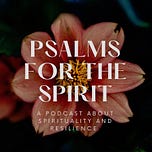

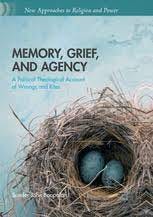
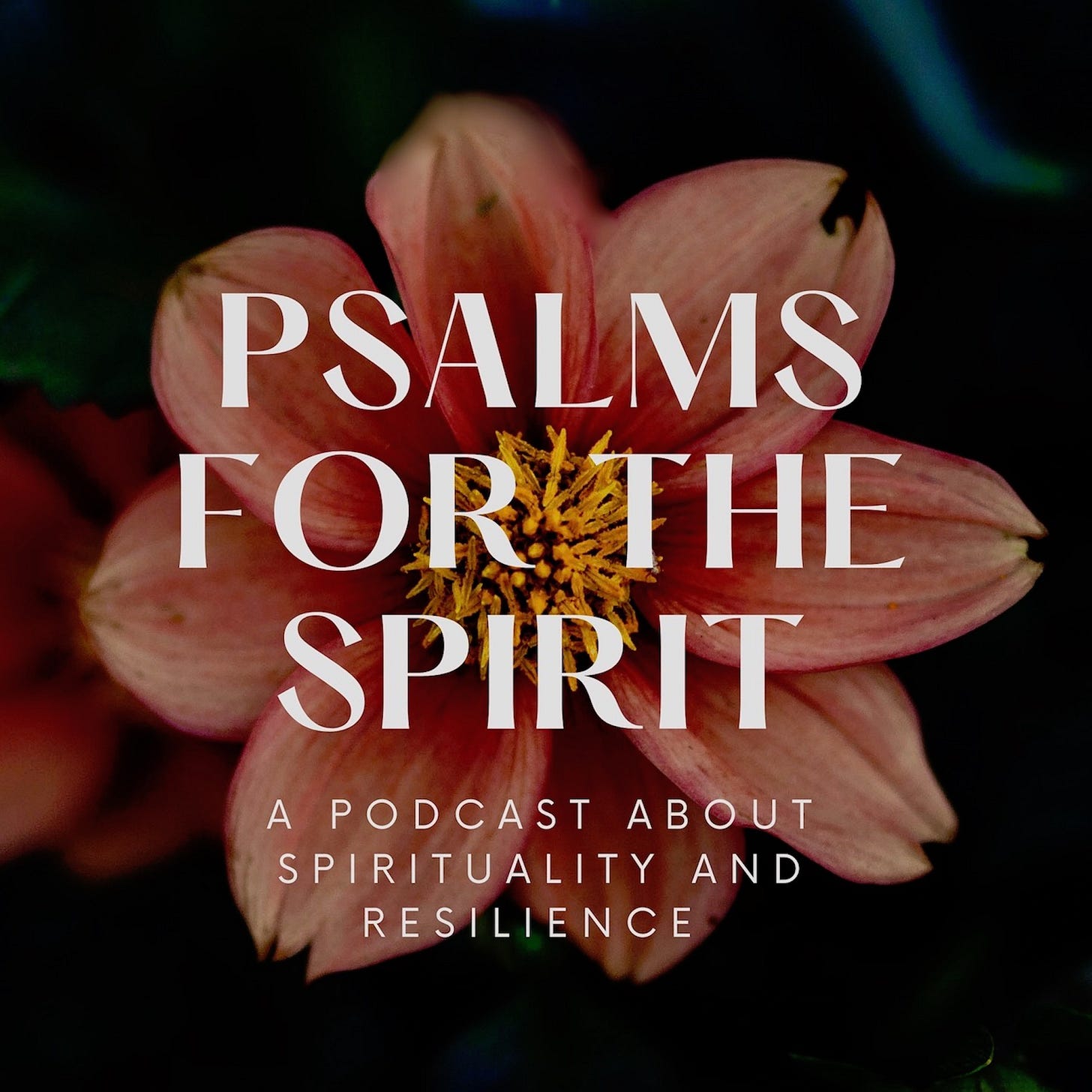

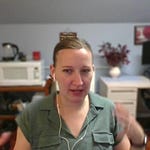



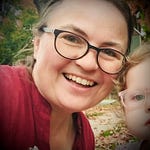



Share this post